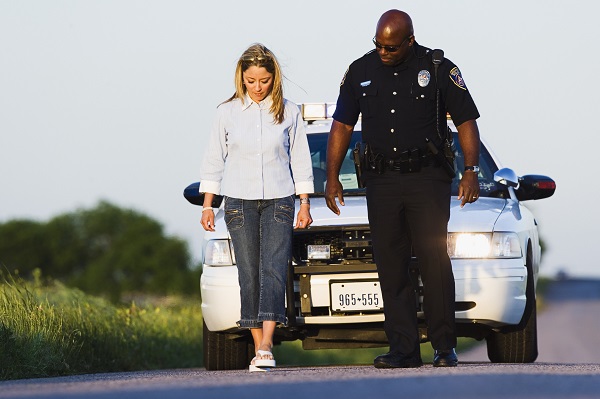Refusing to Take a Sobriety Test in Oklahoma
While you may refuse to take a breath or blood test for the presence of alcohol in Oklahoma, there are consequences to refusal. The Oklahoma laws about refusing these tests specify exactly what happens if you refuse one of these two sobriety tests. First, anyone who operates a car or other vehicle on public roads in Oklahoma has given “implied consent” to taking a breath or blood test for alcohol concentration. 47 O.S. § 751. You do not have to be driving a car to give implied consent – if you are sitting in a parked car and your breath smells...
Continue reading









